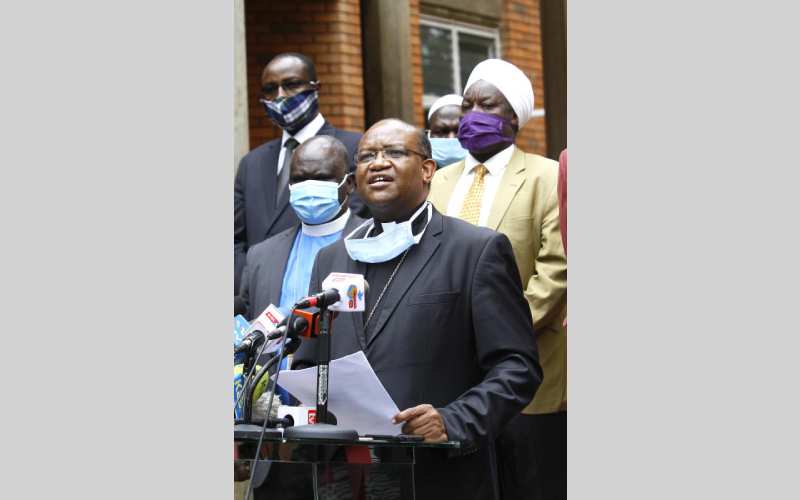×
The Standard e-Paper
Smart Minds Choose Us

Houses of worship are banking on more than just prayer not to be labelled as agents of spreading coronavirus after they settled on Tuesday next week to reopen for congregants.
How they will behave is one of the matrices that will determine if the country survives this pandemic or drowns in it.